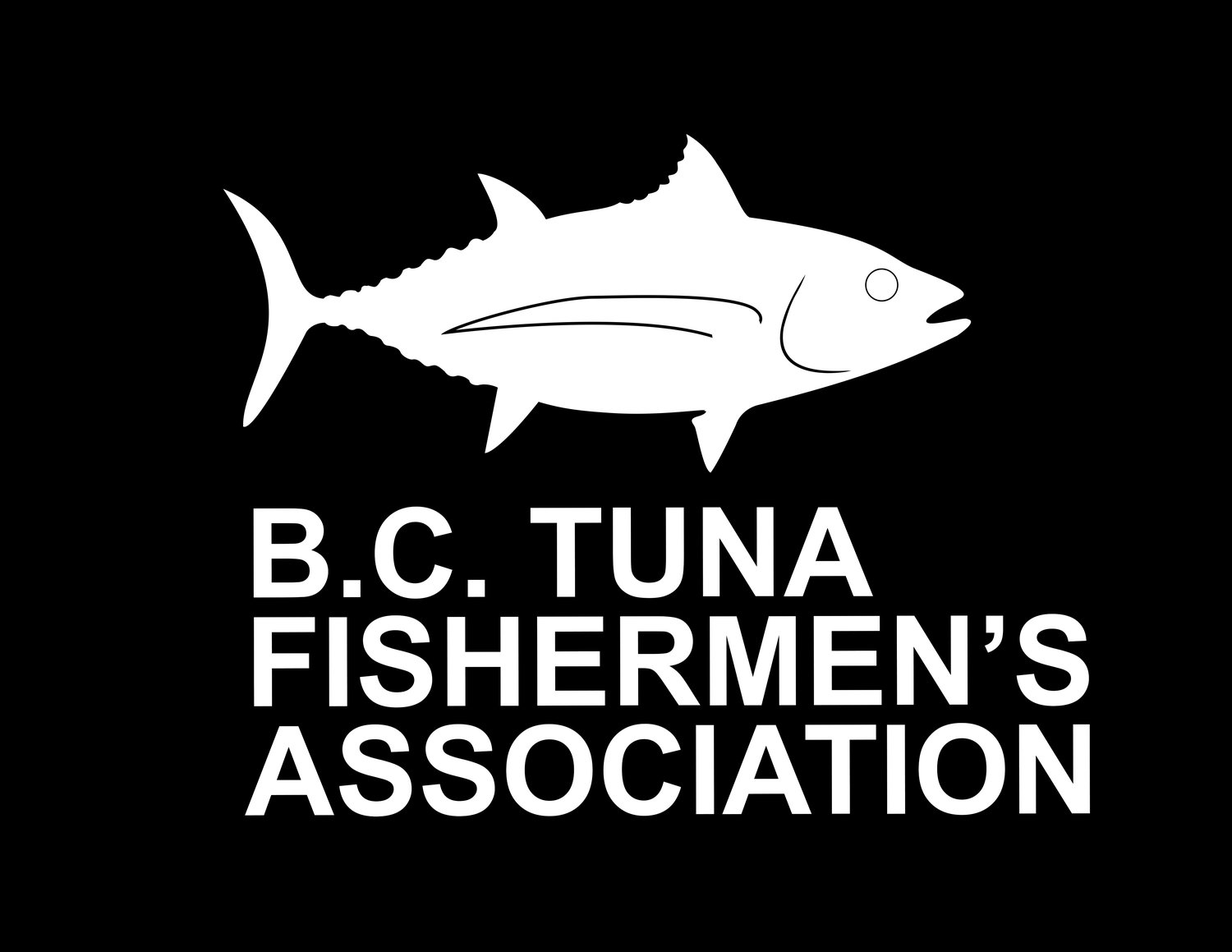1) Update on Mandatory Isolation Support for Temporary Foreign Workers Program (MISTFWP)
You are now able to apply online to receive up to $1,500 per TFW under the MISTWFP.
The MISTFWT is a one-time $50-million program to help with the impacts of the COVID-19 pandemic on food supply in Canada by assisting the farming, fish harvesting, and food production and processing sectors. The program is designed to help employers cover some of the incremental costs associated with the mandatory 14-day isolation period imposed under the Quarantine Act on temporary foreign workers upon entering Canada.
2) Workplace guidance for sector employers and employees
AAFC worked with federal partners to develop guidance for the sector, summarizing important information based on questions that have been received over the last few weeks related to public health guidance as well as providing links to key resources. The information is now live at “Workplace guidance for sector employers and employees”. AAFC will continually update this webpage as new guidance is available or as need for more information is noted by industry, so please check back regularly.
3) Tariff relief to importers of certain medical goods
On May 6, 2020, the Government of Canada announced it is waiving customs duties on imports of certain medical supplies, including personal protective equipment (PPE) such as masks and gloves, until further notice. This measure is effective May 5, 2020, on a prospective basis and will remain in effect for as long as warranted by the COVID-19 crisis. It is intended to ensure that tariffs do not create a cost or supply barrier when accessing critical goods from outside Canada
Relief is available to all importers including businesses, distributors, and individual Canadians on specified medical goods and equipment A list of the goods covered is included in the Canada Border Services Agency Customs Notice 20-19.
4) Targeted support for the agriculture and agri-food sector
On May 5, 2020, the Prime Minister, Justin Trudeau, announced targeted support for the agriculture and agri-food sector, including:
· $77.5 million Emergency Processing Fund
· national AgriRecovery initiatives of up to $125 million
· Surplus Food Purchase Program with an initial $50 million fund
· Intention to work with provinces and territories to increase interim AgriStability payments and an expansion to the AgriInsurance program.
The Prime Minister also announced the intention to increase the Canadian Dairy Commission’s borrowing limit by $200 million to support costs associated with the temporary storage of cheese and butter to avoid food waste. The government will work with opposition parties to achieve the required legislative change.
The details/criteria for these programs are still being finalized and will be shared with stakeholders as soon as possible.
5) Wage subsidy top-up
On May 7, 2020, the Prime Minister, Justin Trudeau, announced that all provinces and territories have confirmed (or are in the process of confirming) plans to cost share wage top-ups for their essential workers. It was designed as a transfer to provinces and territories to help in the fight against COVID 19.
The eligibility recipients of the wage top-ups will vary across the country, as each province and territory had the flexibility to choose which essential workers will be prioritized for the wage increases in their individual jurisdictions. We encourage you to reach out to your provincial/territorial governments to find out more about the eligibility of the agriculture and agri-food sector.
6) New guidance for the International Experience Canada (IEC) program
On May 8, 2020, Immigration, Refugee and Citizenship Canada (IRCC) published new guidance for the International Experience Canadaprogram, one of the main programs youth come to work in Canada under. The IEC Program includes up to three different streams of work permits for youth, depending on the arrangement: international co-op, young professionals, and working holiday. These NEW measures come into effect today and a message has been sent to partner countries and stakeholders.
Effective May 8th, 2020 and lasting until further notice, only foreign nationals currently outside Canada who: (i) hold a valid IEC work permit or Letter of Introduction; and (ii) have a current and active offer of employment will be permitted to enter Canada. Please note that this new provision applies to all three streams of IEC work permits: international co-op, young professionals, and working holiday. Foreign nationals who do not have a job offer should not come to Canada at this time. Further, those who do have a job offer and are currently outside Canada must confirm that their employer is not subject to mandatory closure of non-essential businesses and will be able to start their employment after the 14-day isolation period before making any travel arrangements.
IRCC has developed a web page on Questions and Answers related to COVID-19. Please check these sites periodically, as they will be updated with new information as required. IEC participants and case-specific questions should be directed to IRCC using this IRCC web form.
7) Seeking clarification on who is exempt from mandatory quarantine (self-isolation)?
If you have questions related to who is exempt from the 14 days mandatory quarantine upon entry to Canada, including about the interpretation of the recent addition of technicians specified by manufacturer or the manufacturer warranty to maintain or repair equipment necessary to support critical infrastructure, we encourage you to contact PHAC at 1-833-784-4397 (interpretation services are available in multiple languages) or at phac.emergencyorder-decretdurgencecovid19.aspc@canada.ca.
